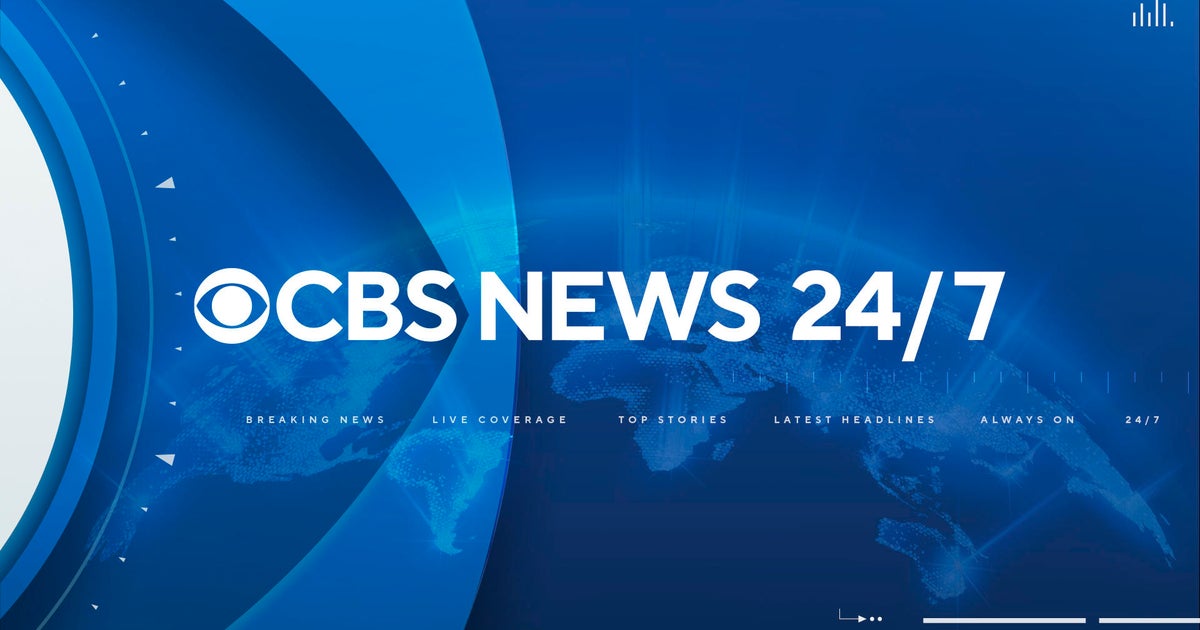Navigating the News Landscape: Tips for Finding Credible Information
In an age where info is bountiful yet commonly unreliable, browsing the news landscape with discernment is critical. Establishing the reputation of sources is the initial step, as recognizing the certifications of authors and the track record of their publications can substantially impact the high quality of details taken in.
Assessing Resource Trustworthiness
Evaluating resource credibility is vital for ensuring the dependability of details in an age marked by info overload. As people navigate different kinds of media, from electronic short articles to socials media, discerning legitimate resources becomes vital. Trick factors to think about when analyzing source trustworthiness consist of the authority of the writer, the magazine's reputation, and the evidence supplied to sustain cases.
First, examine the author's certifications and experience in the topic. Authors with appropriate academic or professional backgrounds are a lot more most likely to give reliable insights. Next, think about the publication's track record; developed media electrical outlets normally abide by journalistic criteria and fact-checking methods, making them more trustworthy.
Additionally, analyze the quality and relevance of the proof offered. Credible sources often cite peer-reviewed researches, specialist meetings, or official statistics, which reinforces their claims.
Cross-Checking Details
Cross-checking details is a crucial practice for validating the precision of claims and staying clear of the risks of false information. This process entails comparing details from several trusted resources to identify its validity. When running into a news tale or insurance claim, one should choose extra reporting on the very same topic from various outlets. This aids to identify disparities and confirm realities.
To successfully cross-check information, it is important to make use of diverse resources, consisting of established wire service, scholastic journals, and expert viewpoints. Each resource may offer an one-of-a-kind perspective or extra context that boosts understanding. In addition, take note of the publication days of the details being reviewed, as updates or adjustments might have been released.
Furthermore, consider the context in which information is presented. Search for affirming evidence, such as data, interviews, or firsthand accounts, that lend trustworthiness to an insurance claim. Beware of mind-blowing headings or psychologically billed language, as these can show an effort to adjust assumption.
Identifying Prejudice and Viewpoint
Comprehending predisposition and point of view is vital for navigating the complicated landscape of info. Every piece of news is filtered through the lens of the writer's experiences, ideas, and associations, which can substantially shape the narrative presented. As consumers of details, it is necessary to identify these predispositions, as they can cause distorted perceptions of fact.

It is also vital to acknowledge your very own prejudices. Personal ideas can influence just how you interpret details, making it vital to approach information with a vital mindset. Involving with diverse point of views can help combat individual predispositions, enabling for a more rounded understanding of concerns.
Eventually, identifying bias and viewpoint in news reporting is not just an academic workout; it is an essential skill for informed citizenship in a democratic culture. By cultivating this understanding, people can make more educated choices and add to a much more nuanced public discussion.
Recognizing Fact-Checking Resources
Fact-checking resources play an essential duty in critical the precision of information in an age noted by false information and sensationalism. These resources, which include independent companies and on-line platforms, are dedicated to confirming cases made by public numbers, media outlets, and social networks articles. They employ rigorous methods to assess the credibility of statements, commonly pointing out initial sources and providing context to help with understanding.
Some widely known fact-checking companies, such as Snopes, FactCheck.org, and PolitiFact, concentrate on different subjects, from political rhetoric to viral internet claims. Their work not only exposes false info however likewise highlights the significance of evidence-based discourse. By seeking advice from these sources, people can establish a much more discerning method to the info they come across.
Additionally, lots of fact-checking platforms provide user-friendly interfaces that permit fast searches by subject or case, making it much easier for individuals to discover relevant information quickly. Engaging with fact-checking resources cultivates essential reasoning and furnishes individuals with the tools essential to browse the complicated news landscape properly, inevitably promoting a more enlightened public discussion.

Using Trusted News Aggregators
In today's helpful hints fast-paced information landscape, relied on information aggregators serve as valuable tools for people looking for reputable news sources. These systems compile news articles from numerous reputable electrical outlets, supplying individuals with a consolidated sight of present events. By curating content from developed media organizations, aggregators aid individuals avoid the challenges of misinformation and sensationalism commonly widespread in much less reputable sources.
When making use of news aggregators, it is crucial to pick ones that prioritize quality over amount. Search for systems that use extensive editorial criteria, guaranteeing that next the information provided is exact and credible. Popular collectors like Google News, Feedly, and Flipboard permit individuals to tailor their news feeds based upon topics of passion, enabling a customized experience that can enhance knowledge and awareness.
In addition, aggregators usually consist of features such as fact-checking assimilations and individual rankings, additionally assisting consumers in critical reliable details - news. While news aggregators are helpful, users ought to stay cautious and cross-reference information with main resources when required. By leveraging trusted information collectors properly, individuals can navigate the complicated media landscape while staying notified with qualified and diverse perspectives
Final Thought
In verdict, browsing the news landscape demands a systematic strategy to make certain the usage of legitimate info. Additionally, making use of fact-checking visit homepage sources and trusted news collectors improves the ability to recognize precise reporting from false information.